|
Players: 1-2 Platforms: Android, iOS, Kindle Fire What happens when you take a classic franchise like Pokémon and turn it into a sort of board game for mobile devices? Pokémon Duel is what happens! Pokémon Duel is an odd Psyduck. It takes some very different and unrelated concepts and mashes them together. The first is the Pokémon theme. You collect figures in the form of board pieces, representing various Pokémon from every generation. The connection to Pokémon pretty much stops there though. At its heart, this is a simple board game where you have to try and navigate your pieces to the opponent’s goal before they get to yours. You are allowed a party of 6, and can only move one piece at a time. Each piece has a certain number of spaces it can move, so you need to plan accordingly in order to work to block the opponent while trying to move your way to the goal. The big dynamic is in the form of combat. When two pieces are adjacent you can spin a wheel which has various attacks on it, each one doing different things and having different priorities based on the individual figure. If you win the combat, the opponent’s piece gets knocked into their bench, or vice versa. The attacks share names and similar functionality with the main Pokémon games in a way appropriate to this board game format. There are no weaknesses or resistances to worry about though, so you can pick your party based on a combination of attacks and what you like, without having to worry about type matchups and balancing. At first, I was a little bummed at this missed opportunity to pull from a core Pokémon mechanic, but as I got deeper and deeper into the game I really learned to appreciate the choices on the part of the developers. It allows for just enough emphasis on strategy to be fun without adding too much complexity to scare away the type of casual player that is attracted to mobile games. It’s quite a clever balance, to be honest. That leads me to the third main concept of the game: mobile gaming. The game tells you every time you boot up that you can play through the game without spending a dime, which is mostly true. Like most every mobile game, you can spend money or gems (gems can be earned through gameplay) to open booster boxes which will contain new figures. When dueling other people, you will be hard-pressed to make much progress without at least a mediocre team, which means you’ll find yourself spending at least a small out of money from the start to get a good starting party. This isn’t necessary, if you play through story mode, which not everybody will do. Still, thanks to the relatively crafty strategy and the touch of luck that’s imbued in the game, even with a low-end party you could find yourself making it far if you play smart and have some luck on your side. In the store, you can also spend coins and other currency to get items called plates, which are items that can be used once per battle when put in your deck to give you a special power. To me, this all felt reasonably fair. I went through about a third of the campaign before tackling multiplayer, at which point I had won enough gems to acquire a formidable team. I haven’t been back to the campaign since. There is also a stamina meter that depletes with each game you play, though I never sat down long enough per session to ever use it up. If you are looking to play for a while though, that could get annoying and will cost you your resources to replenish. It’s these mobile elements that hurt the game a bit, even if I feel they are (mostly) executed pretty fairly. Maybe this is just my bias against the way the mobile gaming environment is currently setup, but it still left a slightly sour taste in my mouth. Speaking of campaign, the story mode is pretty light on story. There are some fun characters and a slightly intriguing story, but nothing complex enough to write home about. I’m about halfway through myself, and am enjoying it enough to continue playing it gradually. At this point I can’t be too motivated out of continuing since playing against other players is more interesting to me. The real fun, though, is in the online matches. There are two modes outside of event modes for multiplayer: League and Room. The League is a tiered ranked system, where you will face the best players. I’ve made it up to the fifth tier myself, and have noticed that the player base per tier is balanced fairly well. I’ve never felt, in any tier, that I was overwhelmed in an unfair way by the opponent when I lost. The other mode, Room Match, is a combination of unranked (even though it has its own ranking level) and private matches. You can create a lobby and password so that friends can play, or just keep the game open so anybody can challenge you. It’s a good place to practice tactics without facing major repercussions to your standing, or to just have some casual fun. To add to the mobile element are Time Boosters, which you acquire from League matches. These are booster boxes with varying quality figures depending on how well you played your match. It takes a certain amount of time to unlock these, so you want to set the timer to start as soon as you get them. I’ve seen them start at 1 hour to as long as 24 hours. It’s a nice way to get figures for free, though having to wait is a superficial way to force players to keep coming back. The game is good enough that this sort of tactic isn’t needed, but they felt like they needed to follow standard mobile game conventions, I suppose. There’s also Daily Missions you can do for small bonuses. Three can be done per day, and usually only takes a couple matches to complete. The requirements range from viewing featured duels to playing a league match to fusing figures. Fusion is the main way to level up and improve your figures. You gain a little experience from battle, but it’s usually negligible, especially at higher levels. You can consume figures or special levelling cubes in order to add XP to your base figure to level it up. This gives you the opportunity to expand an attack’s space on the wheel of your choice, while lowering the space that a ‘Miss’ space will take up. It doesn’t give you a huge advantage, which means you have the freedom to experiment with different Pokémon often, but it does give that slight edge that could make a difference in higher level play. Evolutions are also part of the gameplay, which I liked. Unfortunately, it isn’t really explained properly, so you just have to experiment on your own to figure out how it works. This surprised me, since the rest of the game is explained pretty well. As you can see, the game is reasonably complex under its simple cover. This is what attracts me to the game as a whole. Being a person who doesn’t really play mobile games due to pay walls and time walls, I’ve found myself playing Pokémon Duel quite a bit, even so long after release. The art for the figures is nice, the sound and music are acceptable and the gameplay is fun as heck. My main complaints are mostly in the form of the mobile conventions which are implemented. Thankfully, I never felt like they really got in the way. I would have liked a variety of game boards, rather than the single one used for all matches, but I can see how having a universal game board allows for simpler balancing. In the end, Pokémon Duel is a mobile game I didn’t expect to like, but ended up falling in love with. If you’re looking for a little bit of simple yet strategic fun out of a game that you can play with or without others, then this is definitely worth downloading. Having a Pokémon coat of paint only sweetens the deal.
- Teepu
0 Comments
Leave a Reply. |
Search
Contributors◆ Angie
◆ Emily ◆ J.D. ◆ Janette ◆ JT ◆ Manuel ◆ Nestor ◆ Rose ◆ Sylvia ◆ Teepu ◆ Tiffany ◆ Winfield Archives
May 2025
|
© 2014-2025 A-to-J Connections. All Rights Reserved.

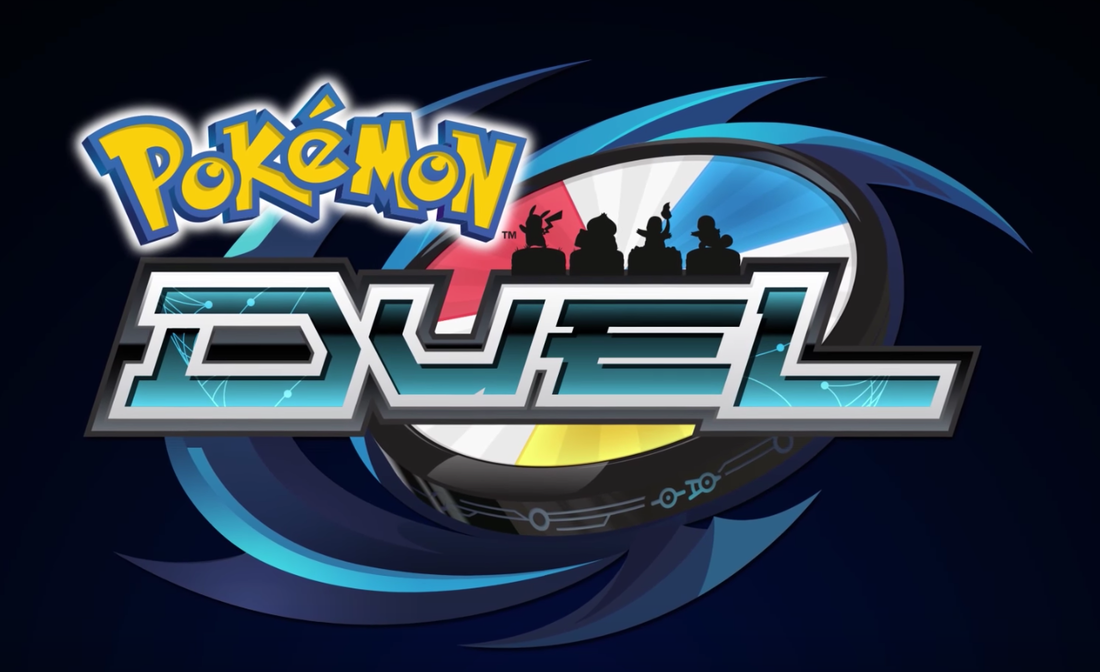

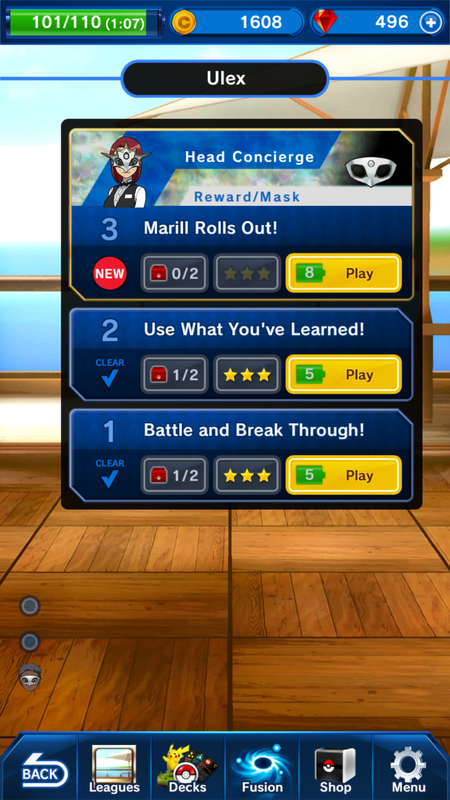
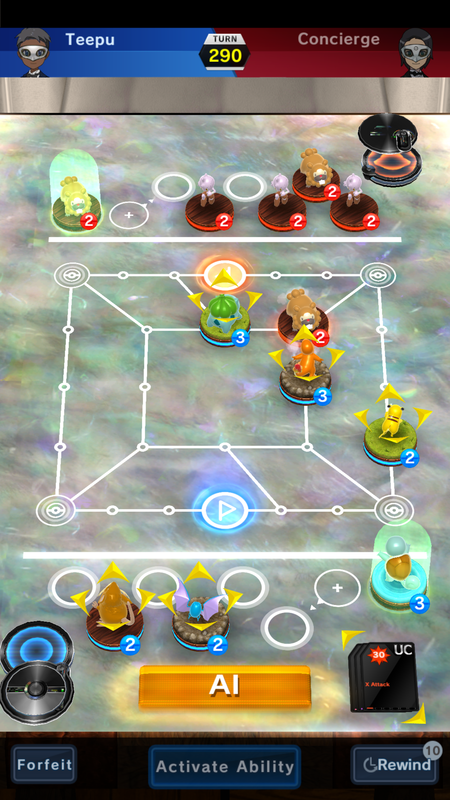
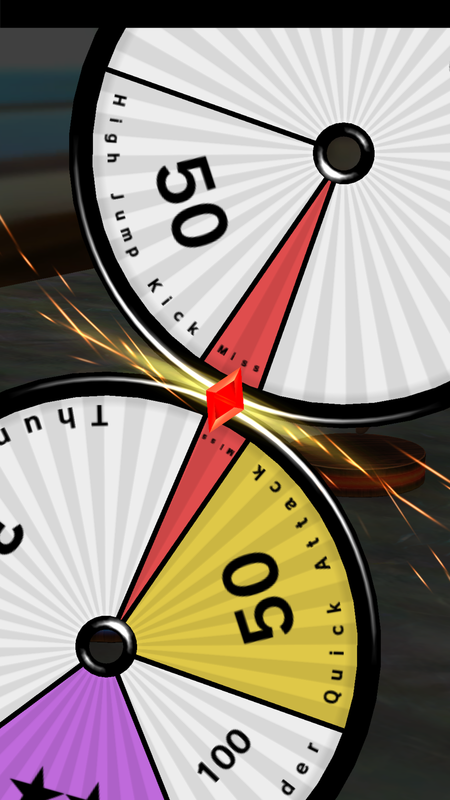
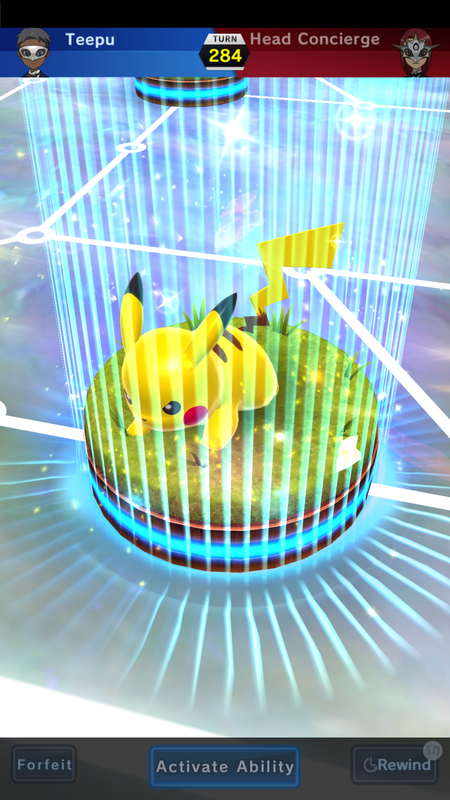
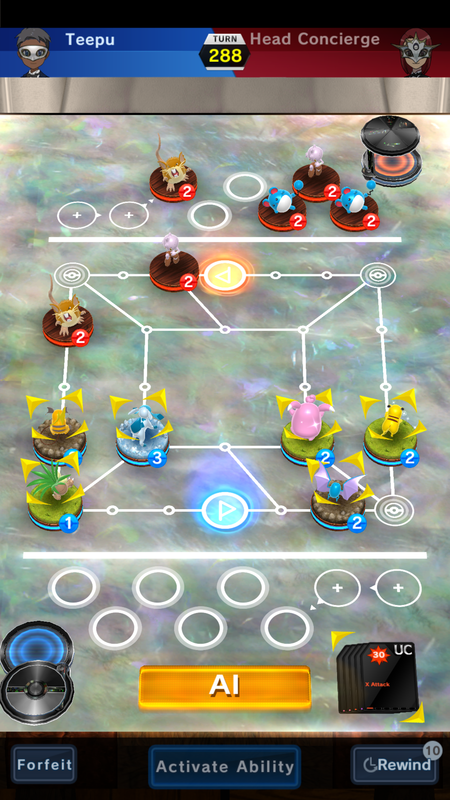
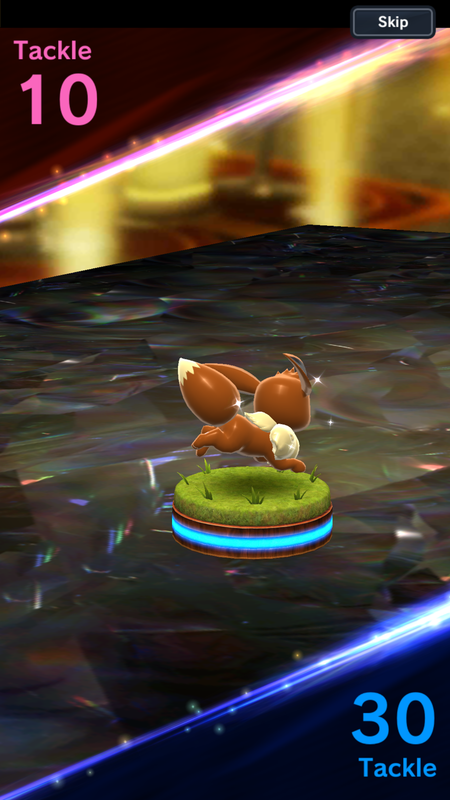
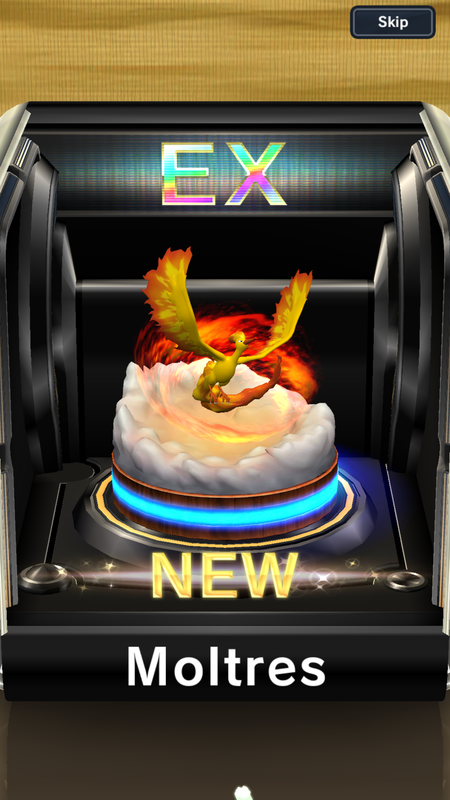

 RSS Feed
RSS Feed